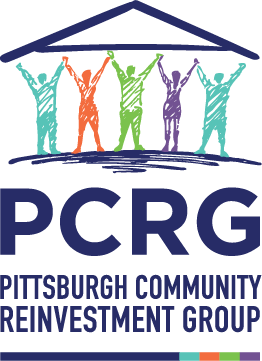Certifications
US Green Building Council
Green buildings are attracting attention from a growing number of buyers and tenants who prefer lower operating costs and healthier indoor environments. When developers chose green for new construction, occupancy increases 6.4 percent and rent 6.1 percent for new construction. For existing buildings undergoing green updates, occupancy increases 2.5 percent and rent increases 1 percent.
Occupants also tend to appreciate the bragging rights that accompany a LEED badge of honor.
US Green Building Council
1 (800) 795-1747
LEED Certification Overview
Organic Certification
Organic is a labeling term that indicates that the food or other agricultural product has been produced through approved methods that integrate cultural, biological, and mechanical practices that foster cycling of resources, promote ecological balance, and conserve biodiversity. Synthetic fertilizers, sewage sludge, irradiation, and genetic engineering may not be used.
For more on regulations and guidance on certification, production, handling, and labeling of USDA organic products, please see the USDA website.
US Department of Agriculture
Contact: Miles McEvoy, Deputy Administrator
miles.mcevoy@ams.usda.gov
(202) 720-3252
Organic Certification Overview
Small Business Certification
Before you can begin business with the government your business must obtain the proper certifications. Small business certifications are like professional certifications; they document a special capability or status that will help you compete in the marketplace. Unlike permits and licenses, you do not need to obtain certifications to legally operate. However, in order to take advantage of business opportunities, such as government contracts, you may need to obtain some certifications.
US Small Business Administration
Contact: Douglas J. Kramer, Deputy Administrator
answerdesk@sba.gov
1 (800) 827-5722
Small Business Certification
